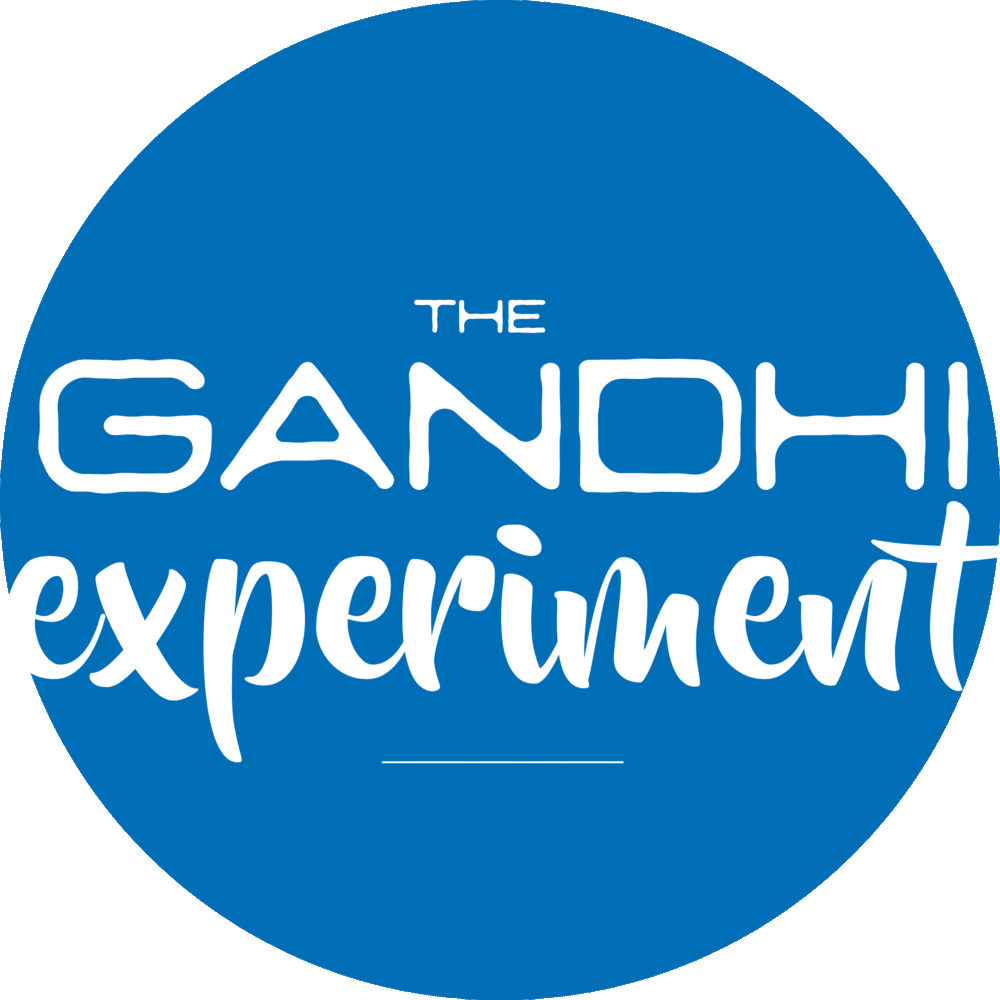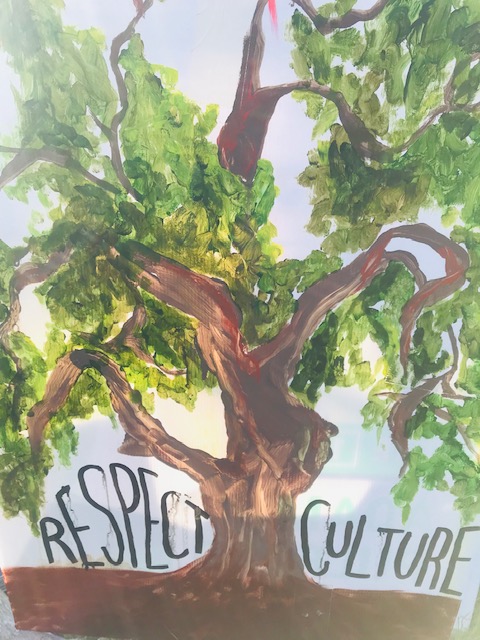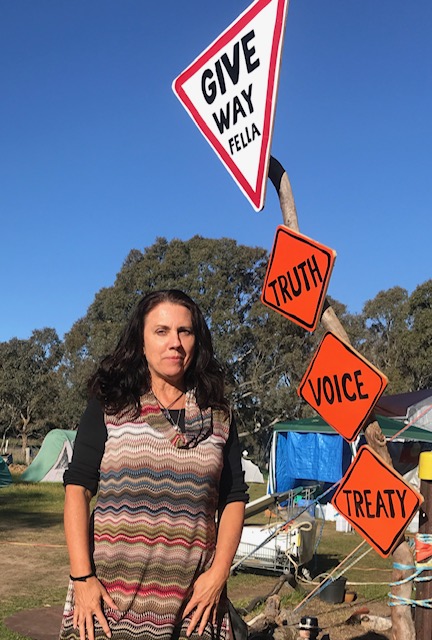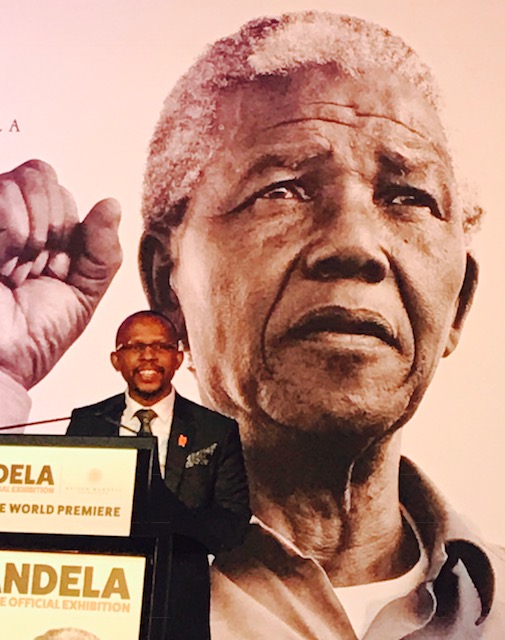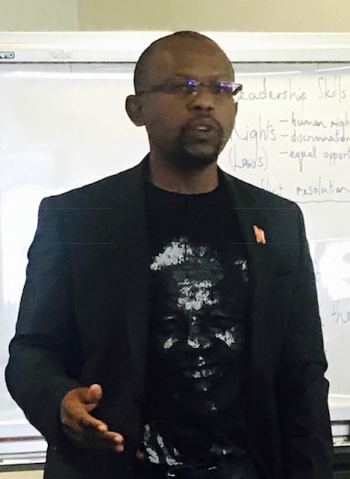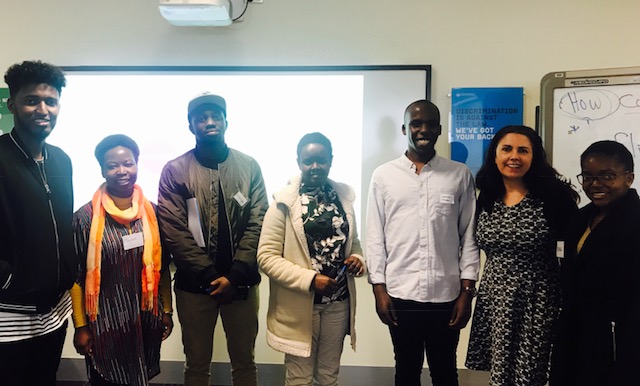Social distancing meditation with my son James
For such a long time we have felt that life is too fast paced. The world is moving too quickly. If only we could we could just slow down.
Well, here we are, in the time of Corona. Slowed.
What happens when we are forced to slow down?
Firstly comes the realisation. The pace of the world never changed; the rotation of the earth never sped up; the sun’s heart never skipped a beat; the moon steps slowly, at its same consistent rise.
It was never nature that sped up. It was us! We made our lives too fast. So fast we had trouble keeping up with ourselves.
Our second realisation is this. In moving so quickly, we only ever create band-aid solutions to virtually all our problems. Our health-care; our self-nourishment; arguments with our kids; conflict with our partners, friends and family. Our selfish grab and steal on the environment.
Band-aid solutions.
Finally, we realise there are other ways. Lateral, plausible, creative and beautiful solutions.
Now in Lockdown, take the time to open to new ways of doing things.
Teach your children to meditate. Teach them how to sit comfortably in silence. At the rate we were going, whirling and swirling them into the next activity, and the next and the next, without pause for breath, we were setting them up to become fast-paced, breathless adults.
Now is the time to give them time.
Do we still need the Band-aids? Yes, we do. Yet we will place them alongside long term, solution focussed visions of our world.
I realise as I write, for some in the time of Corona, life hasn’t slowed down. For our doctors and nurses, our health professionals, our emergency services, and many working to feed us and keep us safe and healthy, their pace has got faster and faster, almost out of their control. For many of the world’s poor, life has become an even steeper trajectory of pain.
So, we slow down for them. We slow down with them. We slow down to reflect, to find solutions, to understand how we can contribute to a better world.
“ When the soul lies down in that grass, the world is too full to talk about. Ideas, language, even the phrase ‘each other’ doesn’t make any sense.” Rumi
When the goose arrived to meditate!
‘The Conundrum of Inner Listening’ is Chapter Five in The Gandhi Experiment - Teaching our teenagers (and us) how to become global citizens. Purchase now as an e-book to learn how to slow down.
Cheery blessings,
Marg
www.margarethepworth.com
margaret@margarethepworth.com
Subscribe to Margaret Hepworth of The Gandhi Experiment #teachingnonviolence
